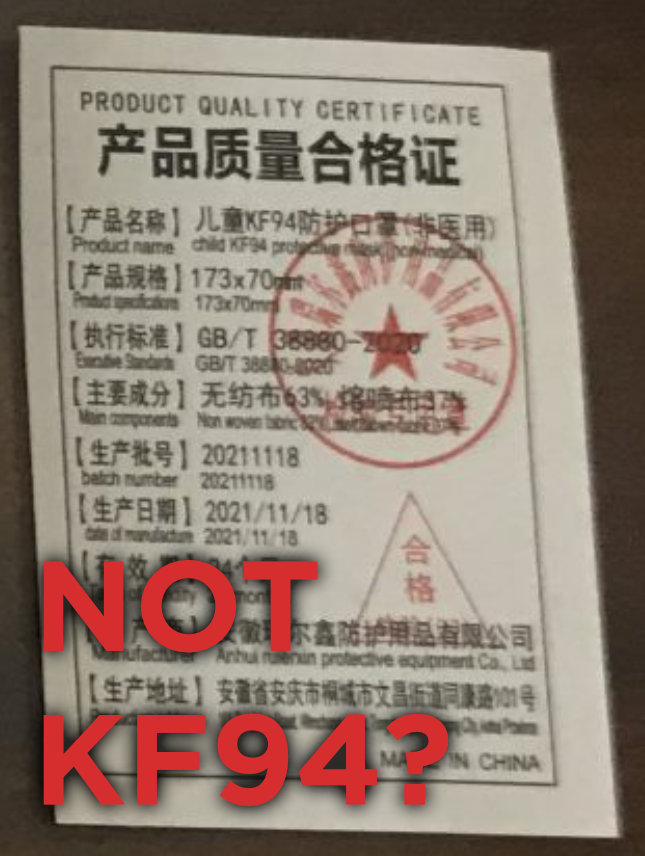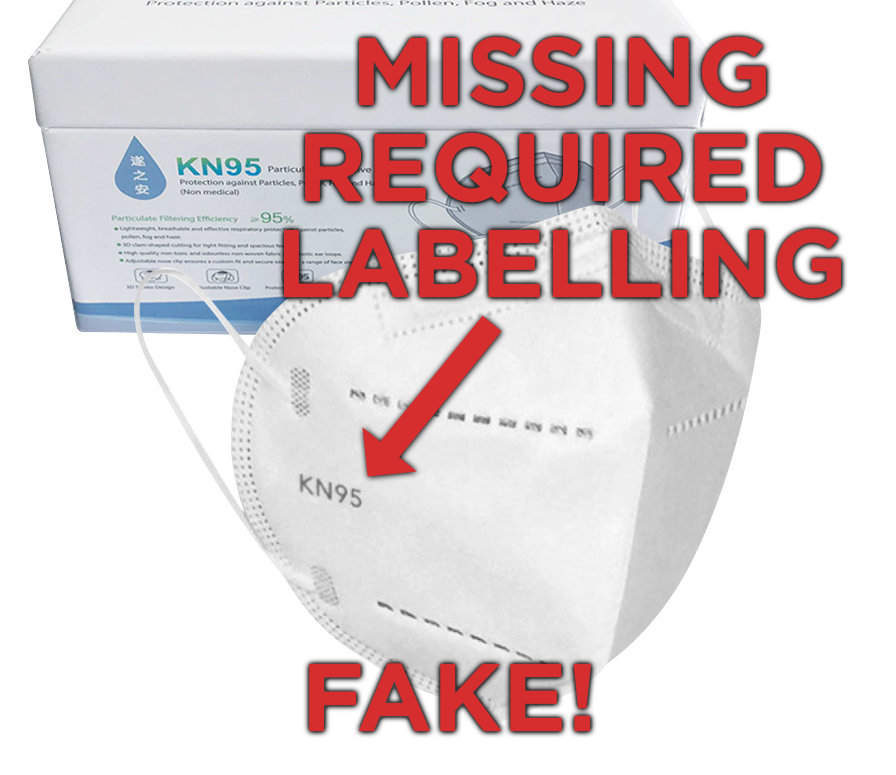Counterfeit respirator products are rife in New Zealand and are even sold by incorporated companies with long histories of trade.
It's not just a New Zealand problem either - this is a problem all around the world -Canada, Malaysia, USA, you name it.
I (Keith) first became interested in respirator standards a few years ago when I was in the market for a half face elastomeric respirator (the "gas mask" type) for woodworking and DIY. It was unfortunately also my first encounter with counterfeit respirators - sold via Trade Me by an established New Zealand company with thousands of sales, and confirmed counterfeit by 3M New Zealand.

3M's, longevity, ubiquity and consistently high quality makes it a prime target for counterfeitters. To make matters worse, 3M's tools to verify authenticity are somewhat lacking, and their global market segmentation allows buyers and even distributors to be duped with "grey market" products.
Would you trust a 3M "grey market" product with Asian-market branding that wasn't sourced through an official 3M channel? No, neither would I.
3M themselves have seized over 56 million counterfeit respirators! Even for a trained eye, they can be difficult to spot.
A cynic would suggest it's no coincidence that KN95, a separate standard originating in China, has N95 in the name. That said, the standard itself is adequate—the issue is that many products claiming to meet it, well, don't.
One of the most egregious offences is KN95 masks that omit the required labelling on the mask itself.
The Chinese GB2626-2006 standard requires that KN95 products display both the name of the standard (GB 2626-2006 or GB 2626-2019) AND the manufacturer's name directly on the mask. Simple, right?
I found this mask being sold on a popular website by a household name in New Zealand, with no mention of the fact that it blatantly doesn't meet the standard:

If they can't get this basic requirement right, do you trust them to do the more complicated stuff properly?.
Surgical masks, by virtue of their even cheaper construction, are even more likely to fail to meet their claimed efficiencies. Surgical masks have their own standards (USA: ASTM F2100, EU: EN 14683, China: YY 0469, AS 4381:2015). If you are buying surgical masks, make sure you are buying high quality masks from a reputable vendor, ideally with an independent test result.
If you want the best protection for daily wear, you probably want something better than most surgical masks though.
There are good, high-quality masks with Chinese origins for sale in New Zealand. MEO is one such example of a company selling these, as are MaskLab masks that are available in New Zealand. sold in New Zealand by Respiratory Protective Masks.
But make sure that the masks you buy are well-sourced, and have test data to back up their claims.